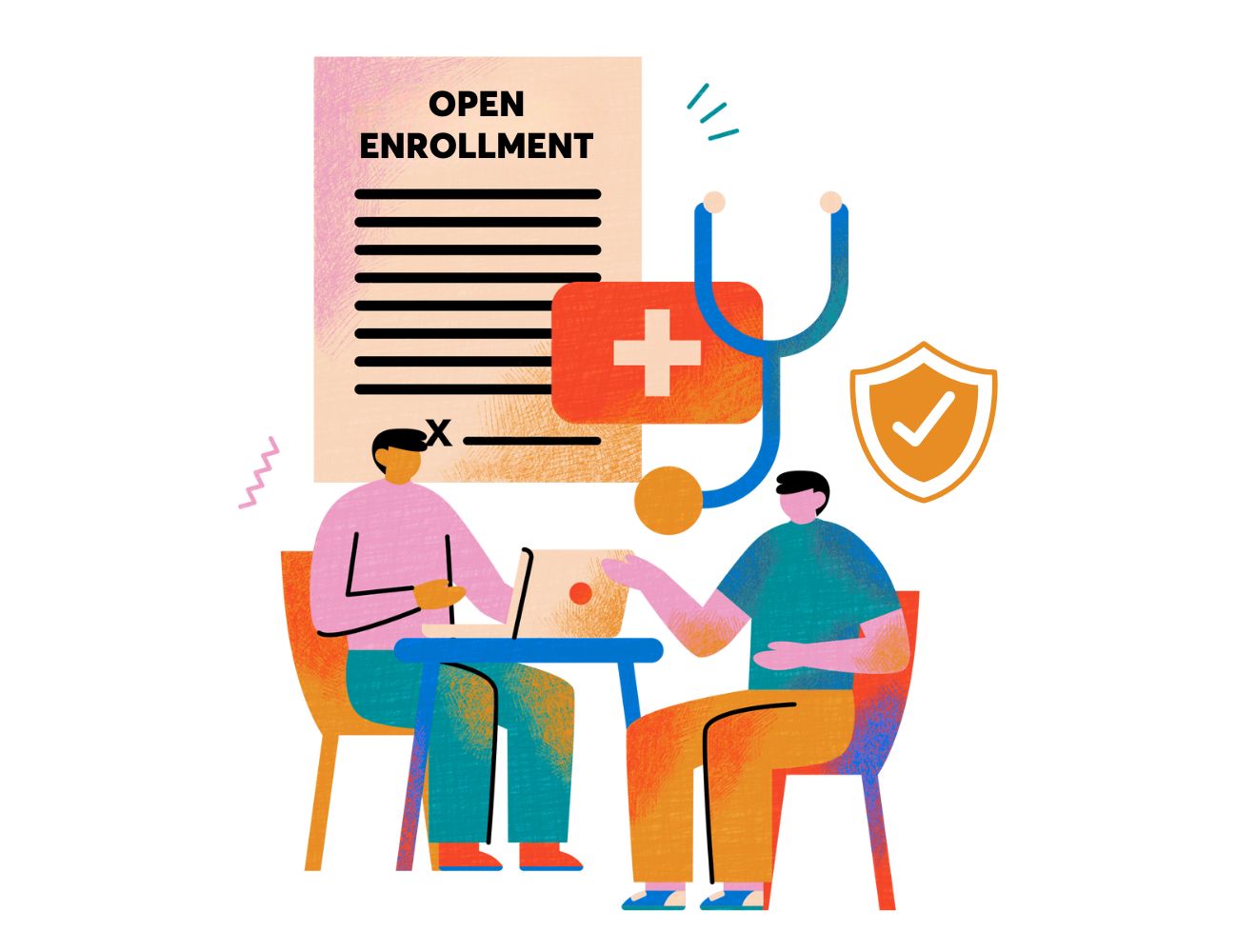People can become attached to their beliefs. When this happens, they may respond to information that challenges their views in ways that make it easier to continue believing what they want to be true. For example, someone experiencing COVID-19 symptoms after having just attended a large gathering may avoid getting tested so that it’s easier to believe that they haven’t contracted it.
Of course, self-deception doesn’t change what’s true. Reality is the way it is independent of one’s perception. This makes self-deception dangerous. For example, the individual who continues to believe they don’t have COVID-19 may not get tested, self-isolate, or alert those they have recently come in contact with. As a result, they may unknowingly spread the virus and cause others to do the same. Had they avoided deceiving themselves, they would have gotten tested, discovered they had COVID-19 and followed all the health and safety protocols.
Self-deception doesn’t just occur in private or interpersonal contexts. It can also happen in corporate settings. Recruiters may overlook red flags on an applicant’s resume because they have an immediate hiring need. Similarly, team leaders may ignore evidence of stress and burnout because they don’t know of any strategies to manage it.
Throughout the pandemic, organizational self-deception has become more costly. As philosophers Francesco Marchi and Albert Newen note in their recent analysis of the causes of self-deception, “this cognitive tendency is catastrophic in times of radically new challenges that require rapid changes in behavior.” Whether it involves changes in return-to-work plans, vaccine mandates, or strategies for promoting mental health, leaders must remain prepared to accept and adapt to inconvenient truths.
Four Questions To Mitigate Self-Deception
It’s challenging to catch oneself in the act of self-deception. This makes sense, as self-deception may not exist if it were easy to detect. With that said, self-deception isn’t inevitable. By asking themselves the following four questions, leaders can become more mindful of their organizational hopes and desires and spot common self-deception strategies before they can skew the truth.
Do I Wish It Weren’t So?
The first step to avoiding self-deception is to become aware of one’s motivationally anchored beliefs (i.e., beliefs that one is firmly attached to). To spot these beliefs, look out for unpleasant emotional reactions to information that challenges one’s views. These feelings can serve as warning signals as they may result from a desire to hold on to a belief that no longer matches the world. By staying mindful of these experiences, employers can become more aware of what they hope isn’t true.
Am I Seeking Out Evidence To Support My Beliefs?
Once a motivationally charged belief has been spotted, leaders should be on the lookout for common self-deception strategies. One way in which individuals maintain a motivationally anchored belief is by searching for evidence that supports their idea while avoiding evidence that undermines it. For example, after reading reports that a new COVID-19 variant has emerged that may delay return-to-work plans, an employer may seek sources that suggest that the variant is less dangerous or infectious while avoiding articles that say the opposite. This process is known as evidence selection.
Am I Rejecting Credible Counterevidence?
Individuals may also attempt to deceive themselves by writing off potential counterevidence as irrelevant. For example, in the return-to-work scenario, one might tell themselves that the sources suggesting that the variant is likely to disrupt return-to-work plans lack credibility. This is known as evidence rejection.
Am I Filling In Information Gaps To Suit My Beliefs?
Lastly, a motivationally anchored belief may lead one to interpret ambiguous evidence as solid support for what they want to be true. For example, a leader may interpret the fact that their employees have yet to voice concerns about burnout to mean that it’s not an issue in their organization, even though their silence may have other causes. This is known as evidence generation.












